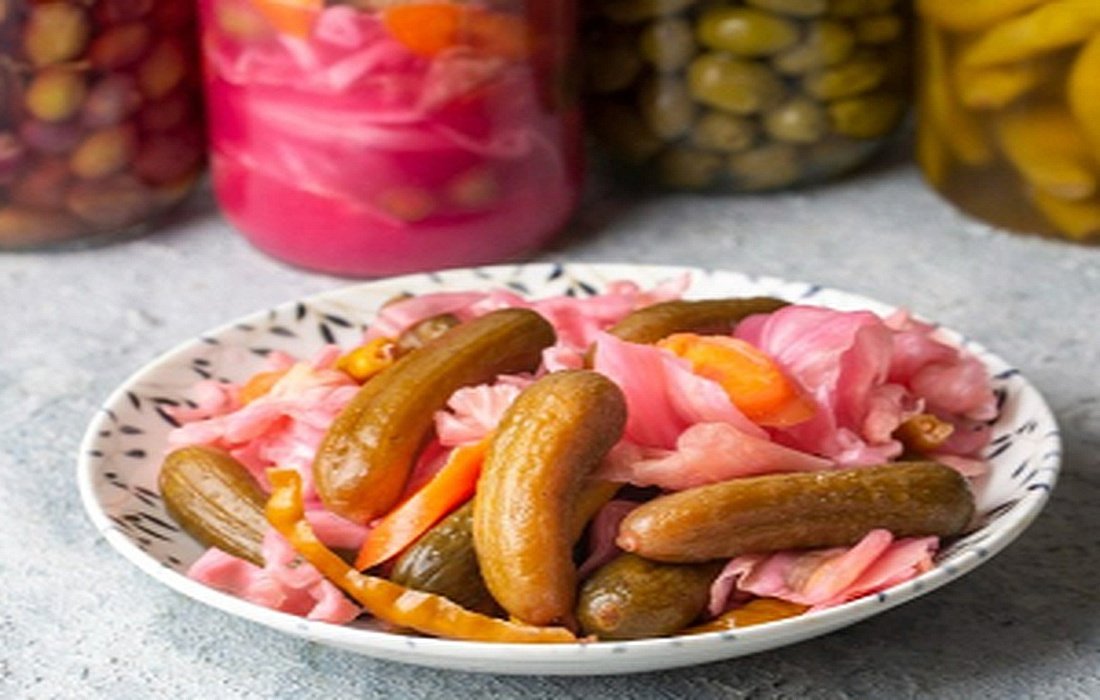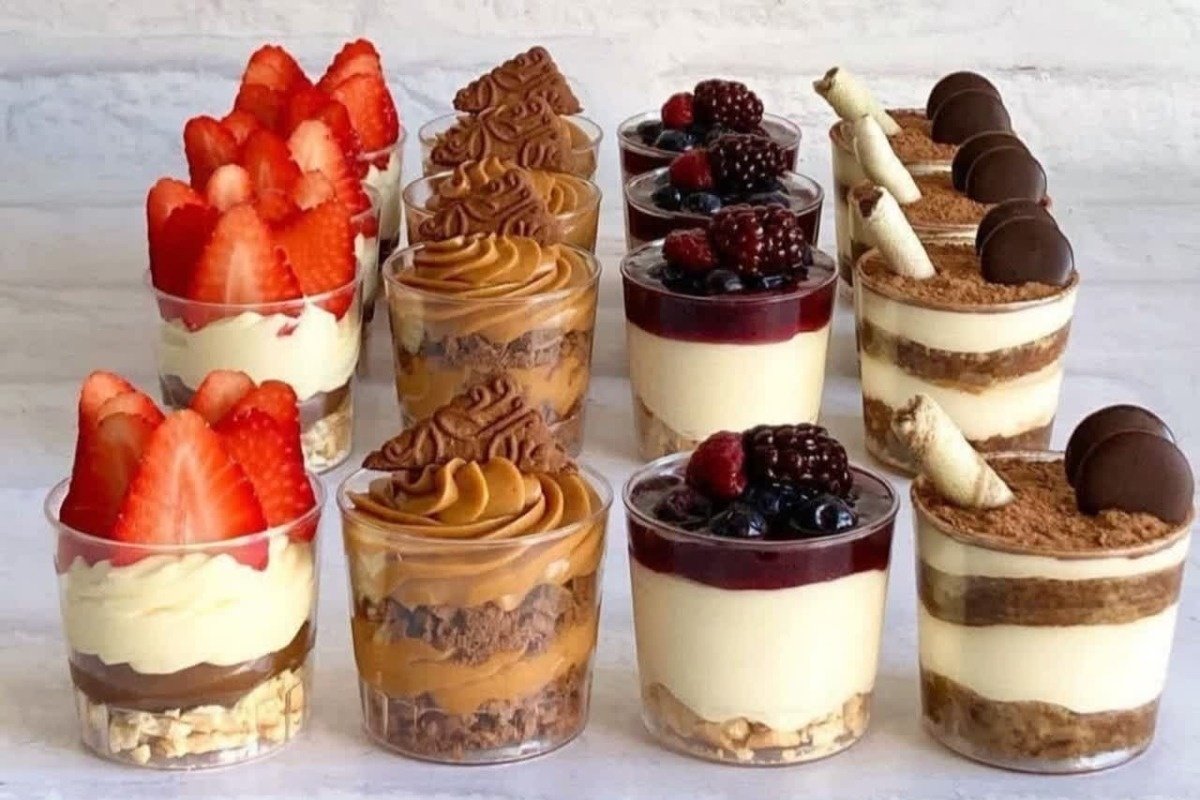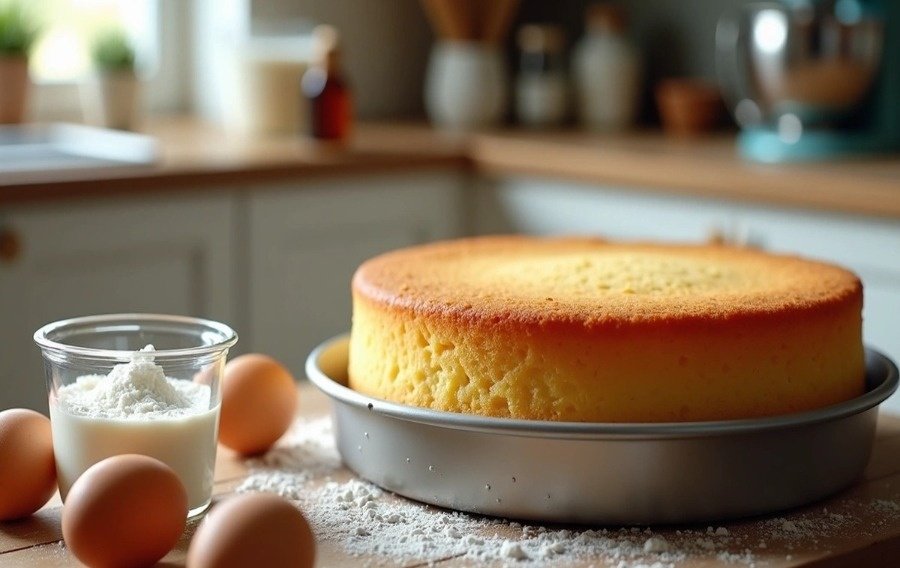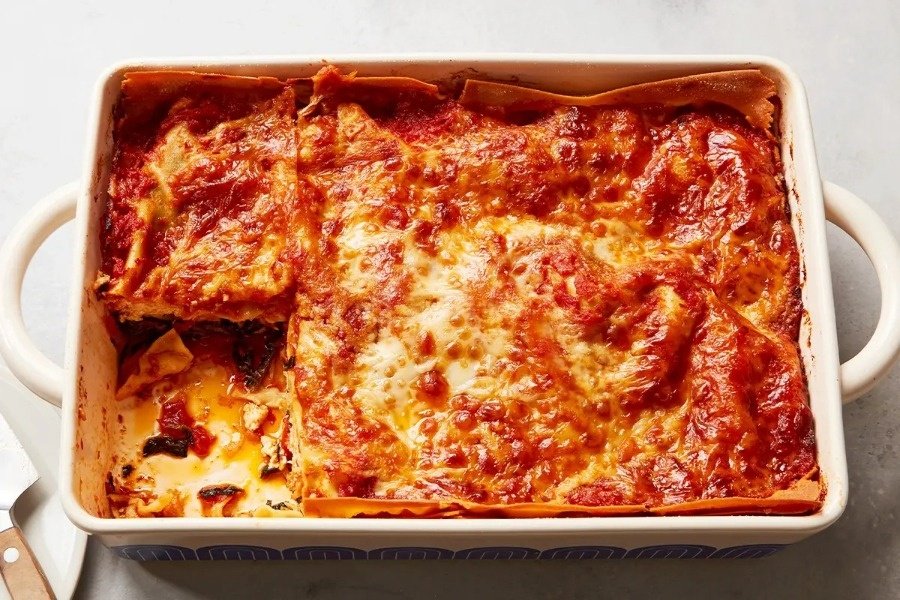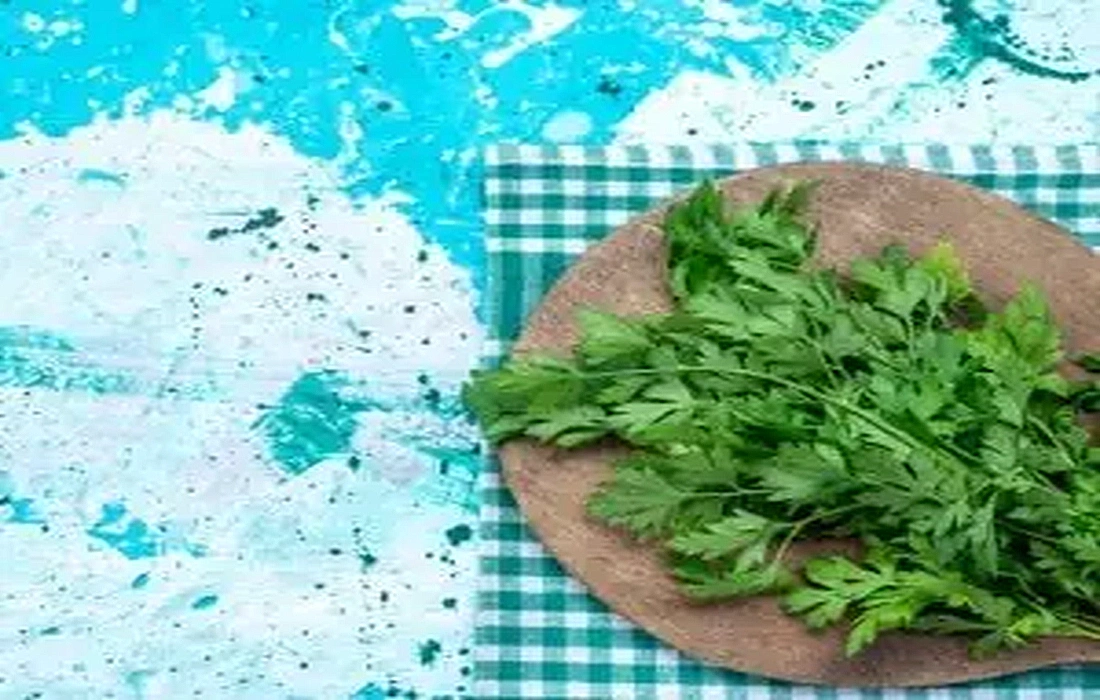Choosing the Right Container for Pickling in Terms of Health
There is no doubt that choosing the right container for making and storing pickles is very important. This choice affects not only the taste and quality of the pickles but also their shelf life. Have you ever thought about why some containers are better for pickling and what qualities they should have? Next, we will explore the various suitable containers forpicklingand the important points in selecting them.
Glass Containers
These containers are known as the best ones for storing pickles in the refrigerator because glass does not react chemically withfoodand won’t affect the taste or quality of the pickles. Glass is hygienic, impermeable, and antibacterial, which helps to prolong the shelf life of pickles while preserving their natural flavor and aroma.

Stainless Steel Containers
Containers made of stainless steel are among the best for pickle storage because this type of steel has high corrosion and rust resistance. These containers do not react chemically with the acids in pickles, thus maintaining the flavor and quality of the pickles.
Glazed Ceramic Containers
The glaze on ceramic prevents chemical reactions between the pickles and the container, ensuring that the flavor and quality of the pickles are preserved. Additionally, these containers have high resistance to heat and moisture, allowing them to keep pickles unchanged for a long time.
Glazed Clay Jars
These types of jars are very suitable for storinggarlic picklesand other types of pickles. These containers prevent chemical reactions between the pickles and the jar due to their glaze, thereby preserving taste and quality. Furthermore, clay naturally cools, helping to maintain the right temperature for the pickles and preventing spoilage.
What Containers Are Not Suitable for Storing Pickles
Choosing the right container for storing pickles is very important, but some containers are definitely unsuitable for this purpose, which we will explore next, explaining why they are not recommended.

Plastic Containers
Since the acidic substances in pickles react with plastic and release harmful chemicals, plastic containers are not suitable. This reaction alters both the taste and smell of the pickles and might be harmful to health. Moreover, plastic is less durable than other materials and may scratch or deform over time, potentially leading to bacterial contamination and pickle spoilage.
Metal Containers
Containers made from metals like iron and aluminum are not appropriate for storing pickles, as the acids in pickles can react with these metals. Such reactions could release harmful chemical compounds, altering the taste and smell of the pickles. Furthermore, these metals might corrode, harming the appearance of the container and the safety of the food.
5 Important Tips About Containers for Storing Pickles
- Before use, ensure the container is well washed and sanitized to prevent bacterial growth and pickle spoilage.
- The container must have a tight-fitting lid to prevent air and moisture from entering, which helps to extend the shelf life of the pickles.
- Store pickle containers in a cool, dry place to prevent spoilage and flavor changes.
- If you are using clay or ceramic containers, make sure the interior glaze is not colored in a way that could react with the pickling ingredients and affect their taste.



